This is one of the new points stipulated in the revised Law on Cadres and Civil Servants. The law was just passed by the National Assembly on the morning of June 24 with 418/423 delegates in favor (accounting for 87.45% of the total number of National Assembly delegates).
The new law consists of 7 chapters and 45 articles and takes effect from July 1, demonstrating innovative thinking, creating a synchronous legal corridor for civil servant management in a dynamic, transparent and effective direction.
Dismissal of civil servants who fail to fulfill their duties
This innovation is reflected in the salary policy of cadres and civil servants. Accordingly, Article 10 of the Law stipulates the rights of cadres and civil servants regarding salary, bonuses and salary-related regimes.
The amended law clearly states that cadres and civil servants are entitled to salaries, bonuses and other incomes based on the results and products of their assigned job positions, in accordance with the socio -economic development conditions of the country and locality.
Based on this regulation, the Government will direct competent authorities to conduct research to regulate expenditure norms (other than salary expenditure) according to products for each job to ensure that the income of cadres and civil servants is linked to results, efficiency and labor productivity.
National Assembly deputies vote to pass the revised Law on Cadres and Civil Servants (Photo: Pham Thang).
This regulation will motivate officials and civil servants to improve the quality of their work on the basis of ensuring the principle of income commensurate with the value of their labor, "work more, get more, work less, get less", gradually solving the problem of income inequality.
This is a new point compared to the 2008 Law on Cadres and Civil Servants. The 2008 Law stipulates that "cadres and civil servants are guaranteed by the State a salary commensurate with the assigned tasks and powers, in accordance with the country's socio-economic conditions".
Evaluation and classification of civil servant quality is also a content with many new points in this revised law.
Based on the results of monitoring, evaluating and classifying quality, competent agencies and organizations shall consider and decide on implementing rewards, additional income regimes and bonuses according to regulations.
In case a civil servant fails to complete his/her duties or fails to meet the requirements of the duties, the competent authority or organization may consider assigning him/her to a lower job position or dismissing him/her.
Another noteworthy new point in the revised Law on Cadres and Civil Servants is the mechanism for attracting high-quality human resources and policies for talented people in public service (Article 4).
Accordingly, the Law stipulates that the State has a special mechanism to attract experts, scientists, jurists, excellent lawyers, outstanding businessmen, excellent graduates and other high-quality human resources to work in agencies of the Party, State, Vietnam Fatherland Front, and socio-political organizations.
The Government is assigned to prescribe the framework mechanism and policies to attract, employ and treat the above subjects.
Previously, reporting on the reception, revision and completion of the draft revised Law on Cadres and Civil Servants, Minister of Home Affairs Pham Thi Thanh Tra said that this revision has completed the regulations to implement the policy of building a unified, interconnected and synchronous civil service from the central to the communal level, without distinguishing between communal and provincial cadres and civil servants.
In addition to salary, civil servants will receive additional income based on work performance (Illustration: Tien Tuan).
Regarding the mechanism for managing and using cadres and civil servants in a transparent and effective manner, in line with the requirements of administrative reform, Minister Pham Thi Thanh Tra said that the Law has supplemented and completed regulations to transform the method of managing cadres and civil servants according to job positions, taking job positions as the center.
Job position requirements and results and products of task performance will be the basis for recruitment, arrangement, use, evaluation, training, planning, and appointment of cadres and civil servants.
The law also stipulates the use of assessment results to implement rewards, additional income regimes, bonuses or consider placement in lower job positions, and possibly dismissal to screen out those who do not meet job requirements from the apparatus.
Mechanism for hiring outstanding businessmen as leaders and managers
The Minister of Home Affairs said that this revised Law also perfects the mechanism for attracting high-quality human resources and policies for talented people in public service.
In which, 3 forms of attracting high-quality human resources outside the public sector are stipulated, including: Accepting civil servants; Signing contracts with typical and excellent businessmen, good lawyers, experts, scientists to perform one or several tasks of leadership and management positions; and signing contracts with high-quality human resources to perform one or several professional and technical tasks.
The 9th session of the 15th National Assembly (Photo: Pham Thang).
According to the Minister, the Law has innovated the recruitment of civil servants in the direction that the selected person must immediately meet the requirements of the job position, and after being recruited, he or she will be placed in the corresponding civil servant rank.
The Law supplements and revises regulations on job positions and civil servant ranks to attract high-quality human resources from the private sector, encouraging civil servants to develop in a professional and technical path without necessarily being appointed to leadership and management positions and titles.
Regarding the transitional provisions on some contents for cadres and civil servants to suit the requirements and solve practical problems, the Law clearly states that commune-level cadres and civil servants according to the provisions of the current Law on Cadres and Civil Servants can be converted into cadres and civil servants according to the new provisions of this Law, if they meet the standards and conditions on training level without requirements on working time, standards and conditions of civil servant ranks.
In addition, those who are currently on probation will have their probation terminated and will be placed in a grade corresponding to their job position from the effective date of this Law.
The Law also supplements the provision on transitional time for completing job placement and corresponding rank for civil servants who were recruited before the effective date of this Law.
The Minister of Home Affairs emphasized that the Law on Cadres and Civil Servants (amended) is an important step to concretize the Party's major policies and orientations on cadre work and civil service regime into practice effectively, contributing to building a modern, professional Vietnamese civil service that operates for the country's development and serves the people.
Dantri.com.vn
Source: https://dantri.com.vn/noi-vu/cach-tinh-luong-thuong-moi-voi-cong-chuc-cham-dut-thoi-lam-it-huong-nhieu-20250623232820992.htm


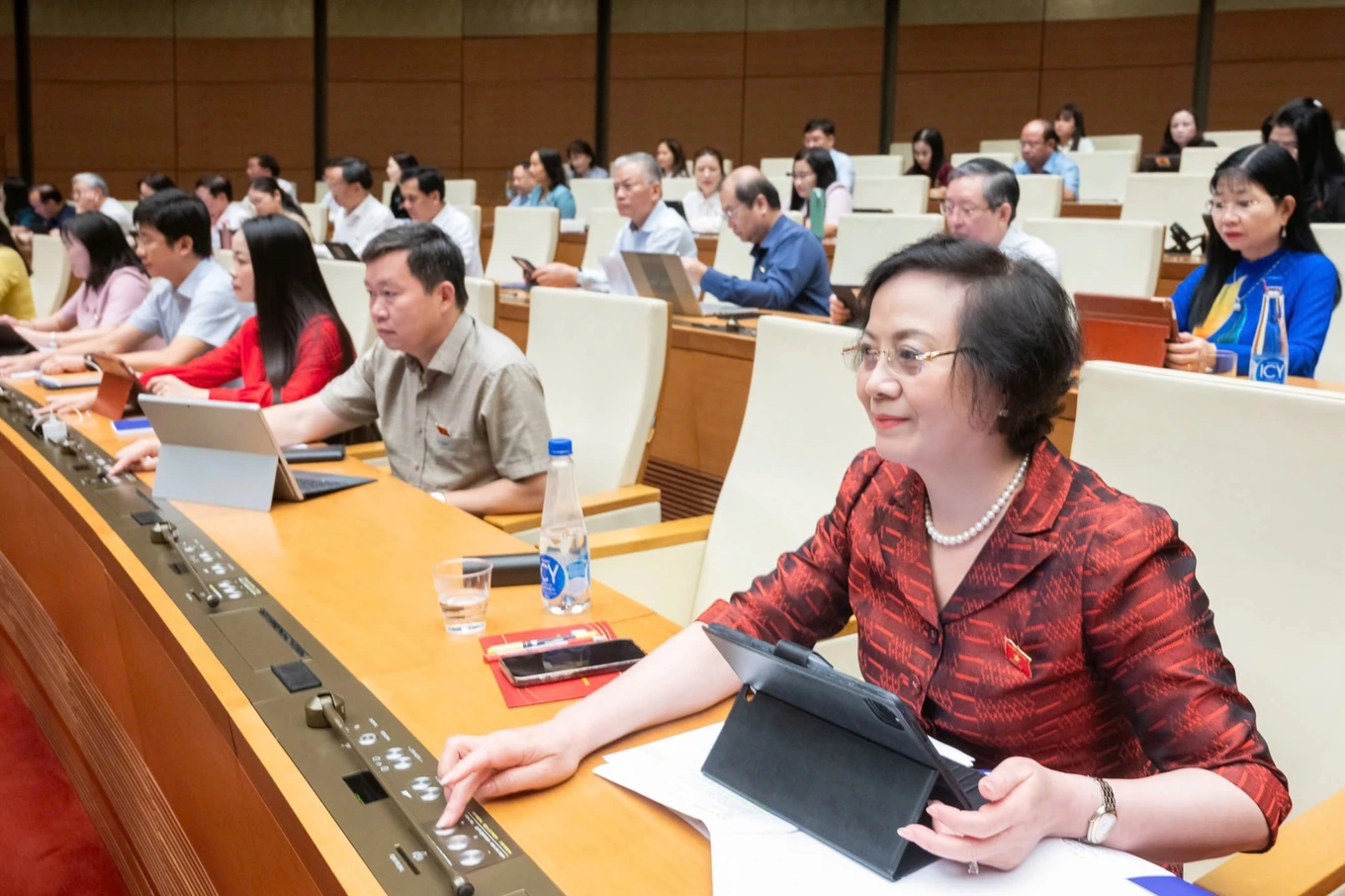

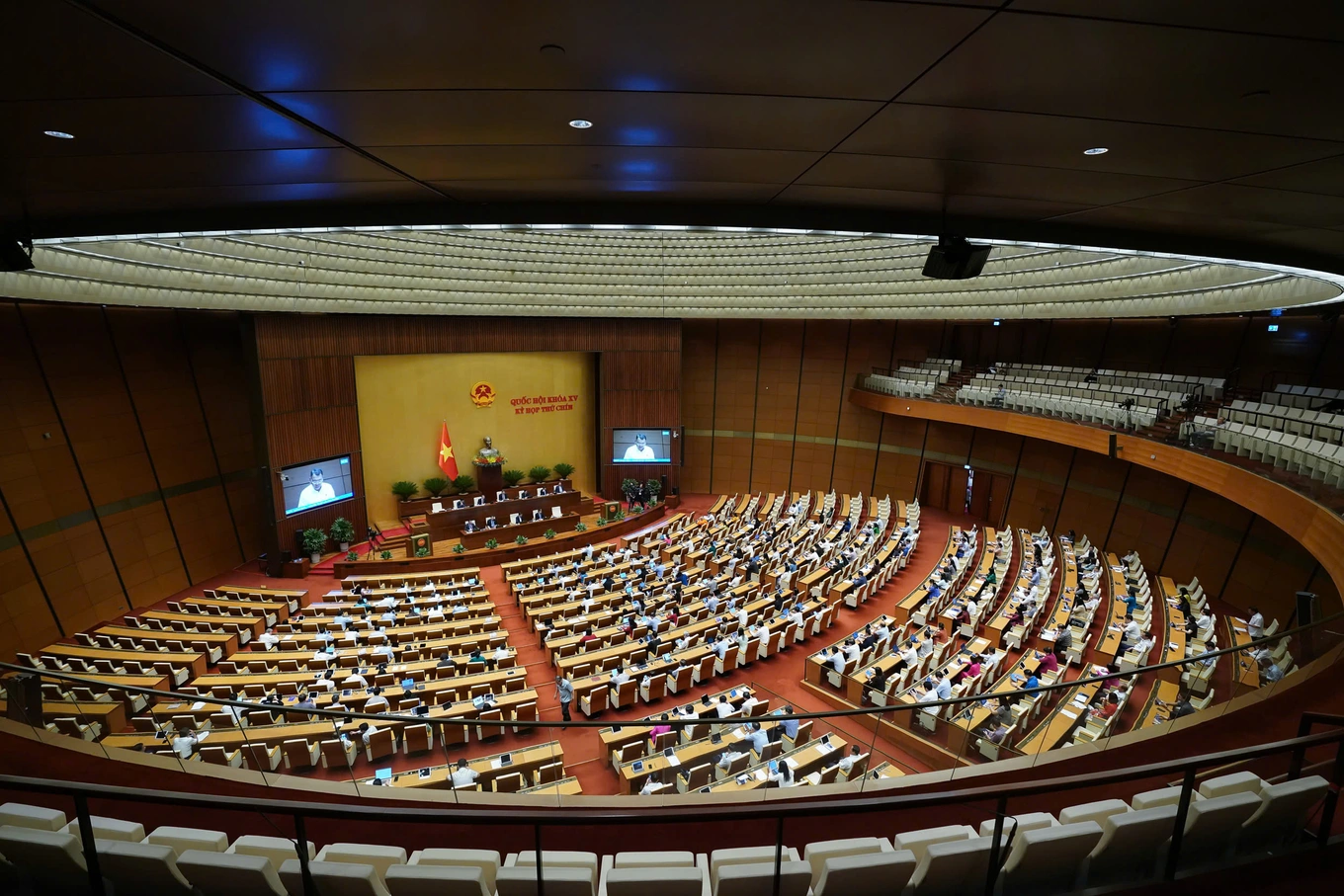

![[Photo] Close-up of modernized Thu Thiem, connecting new life with District 1](https://vphoto.vietnam.vn/thumb/1200x675/vietnam/resource/IMAGE/2025/6/24/d360fb27c6924b0087bf4f288c24b2f2)

![[Photo] General Secretary To Lam meets with the Group of Young National Assembly Deputies](https://vphoto.vietnam.vn/thumb/1200x675/vietnam/resource/IMAGE/2025/6/24/618b5c3b8c92431686f2217f61dbf4f6)
![[Photo] The 9th Party Congress of the National Political Publishing House Truth](https://vphoto.vietnam.vn/thumb/1200x675/vietnam/resource/IMAGE/2025/6/24/ade0561f18954dd1a6a491bdadfa84f1)

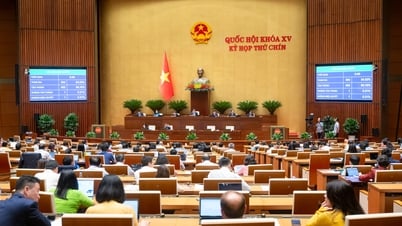

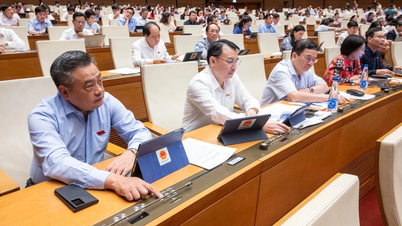
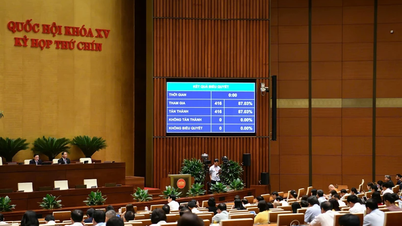

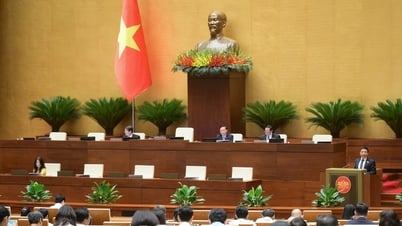

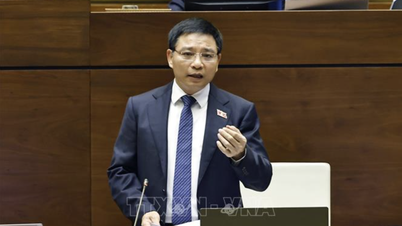




















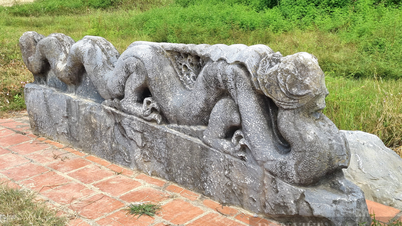

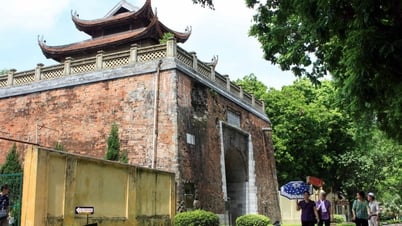







































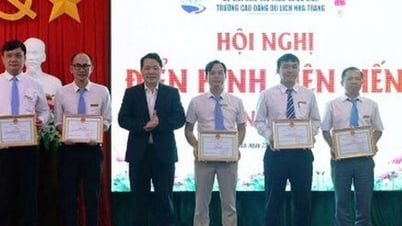




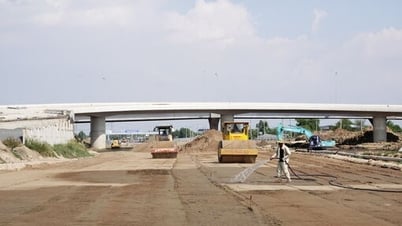







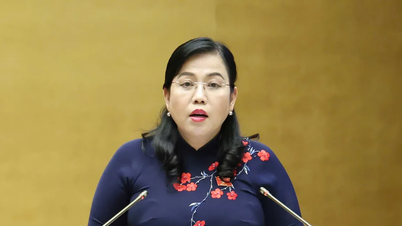
















Comment (0)